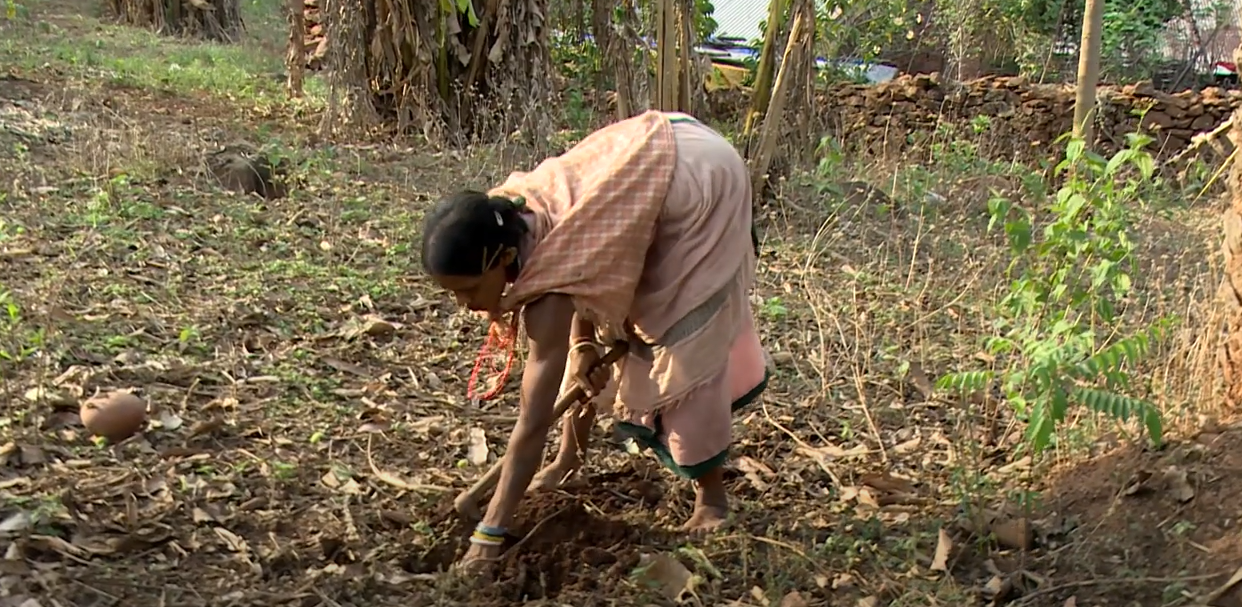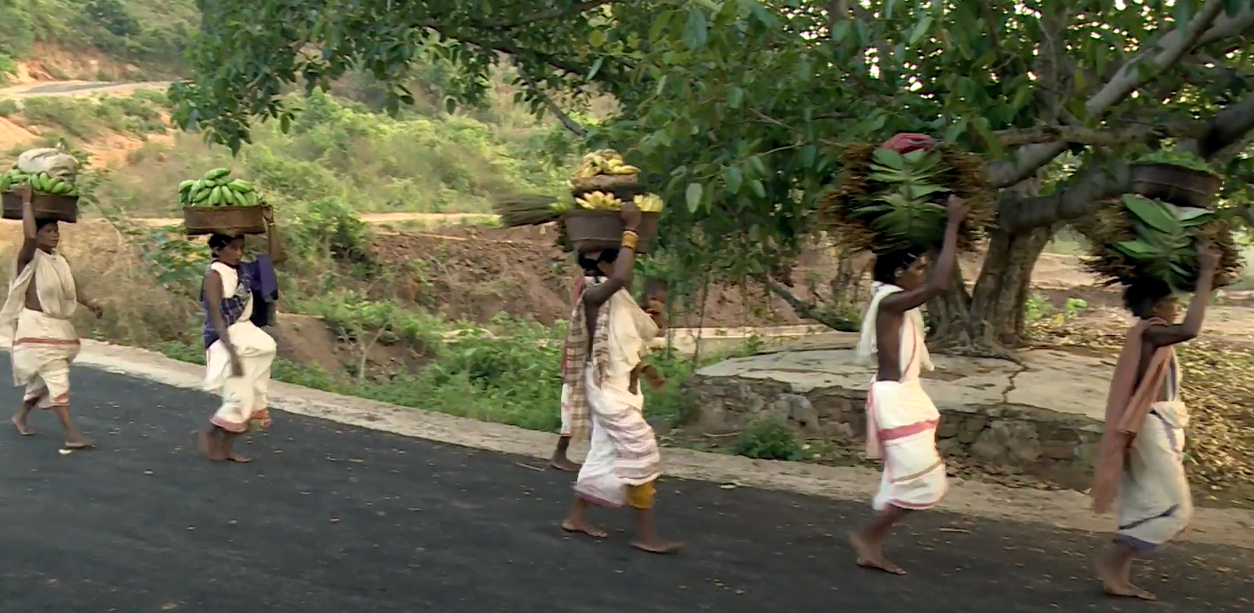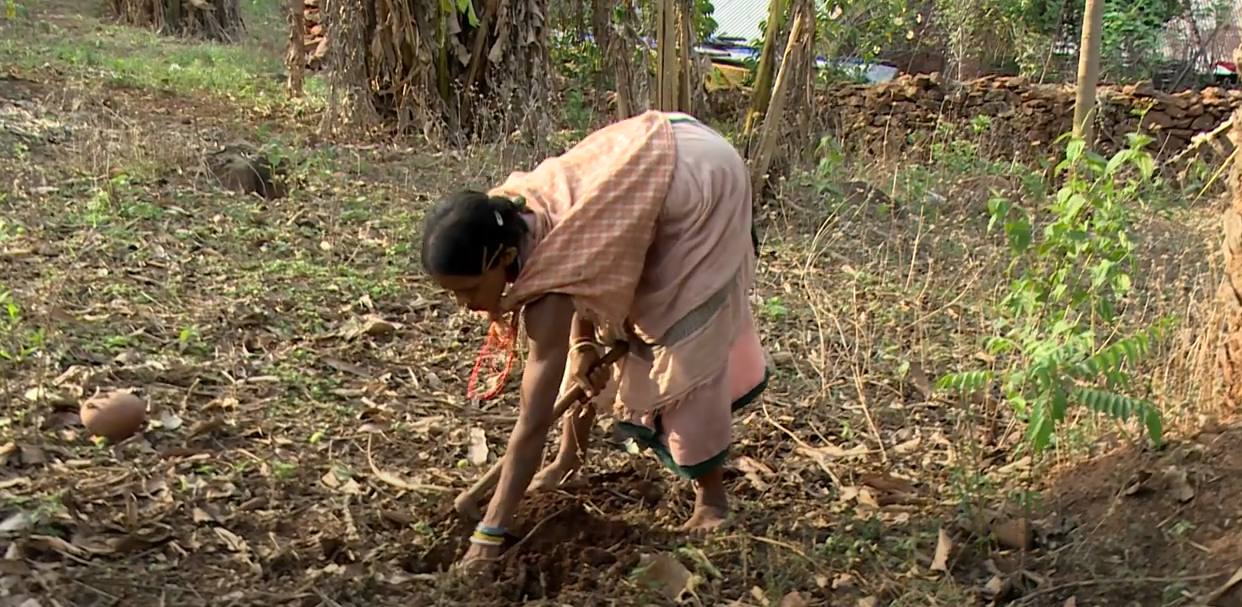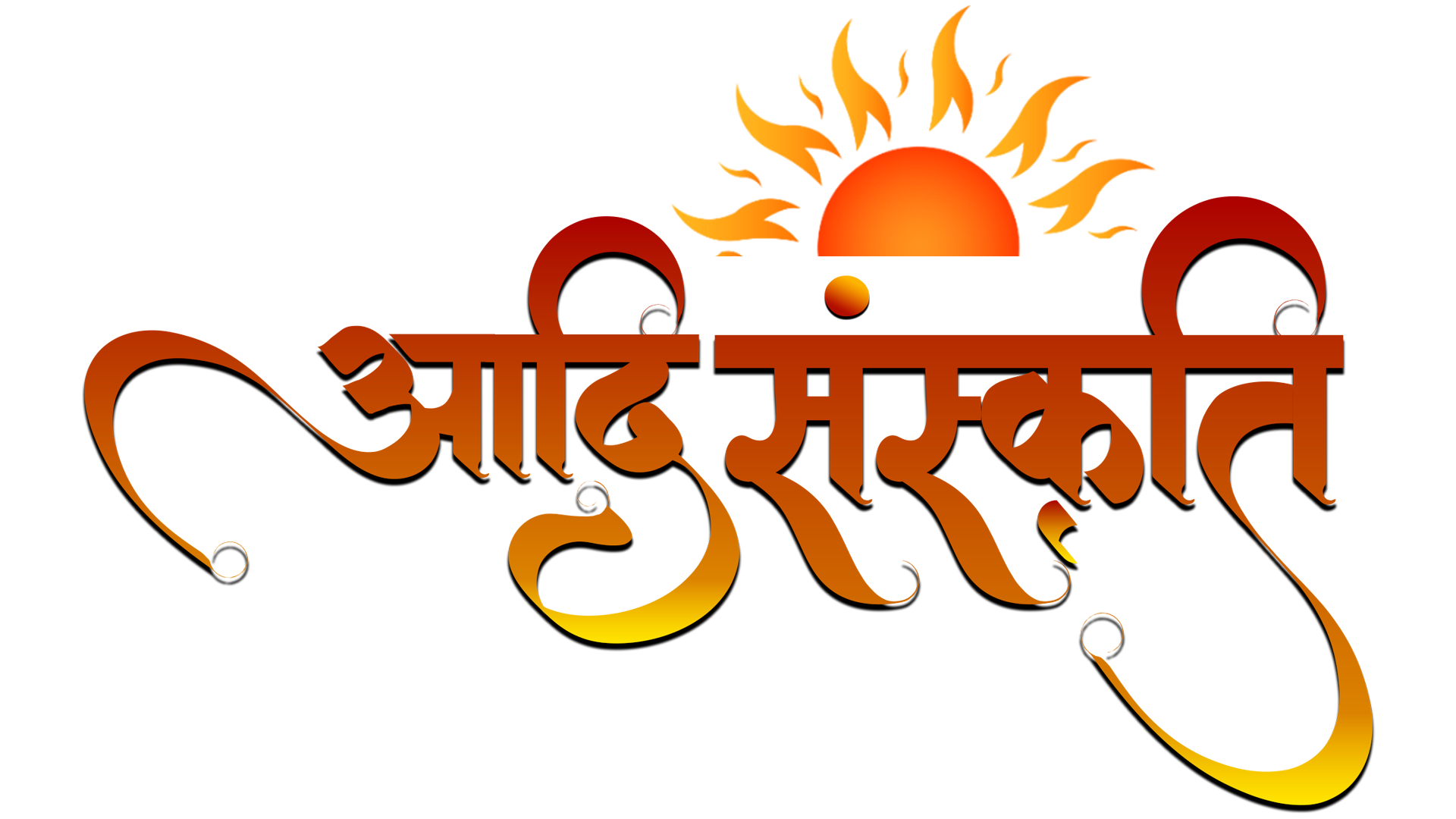
Themes
practices showing communitarian life
Dongria Kondh’s Communitarian Life , odisha

A key institution in the communal life of the Dongria Kondh is the Sadar, the village community centre where the elders regularly gather to discuss matters concerning the village. Typically located along the village street, the Sadar is also a sacred space where village deities are worshipped and buffalo sacrifices are performed during the Meriah festival. While boys and girls participate in constructing and maintaining the Sadar, its use is largely reserved for elderly men. Each Dongria Kondh village also has youth dormitories, primarily meant for unmarried girls to spend their leisure time. The number of such dormitories varies from village to village. Boys from other villages and clans often visit these dormitories, spending time and forming social bonds with the girls. These dormitories serve as cultural hubs where young girls learn about community life, social etiquette, and traditional values. They also provide a space where boys and girls interact freely, often leading to the selection of life partners. These dormitories are important for dance, music, celebration, and gaining essential life skills through social learning.

In Dongria society, the family is the most fundamental unit. Families may be simple or extended, and can be either monogamous or polygynous. Some families follow a joint or extended pattern, with brothers and their families living together. The Mutha is the primary territorial unit, comprising all kin related to a specific area. Members of the same clan (Kuda) live within a single Mutha, sharing a common identity and a collective name. Each clan holds social significance and possesses its own origin story. The Dongria Kondhs follow animism and polytheism, believing in a multitude of supernatural forces that influence their daily lives. They have numerous rituals designed to appease these deities and spirits, carried out at various sacred spaces within homes, villages, and clan territories.

The Jani is the village’s magico-religious specialist and holds high social esteem, performing all major community rituals. Another important figure is the Pejuni, who acts as a diviner, healer, astrologer, and traditional psychologist. Women also hold religious roles; the Gurumai is a female spiritual practitioner responsible for personal-level rituals and spiritual well-being. Clans play a central role in the ownership and use of essential resources such as land and forest, which are the main assets of the Dongria Kondh. The territorial divisions within the tribe are known as Padar, each named after a founding clan. When members of other clans reside in a Padar, they must follow specific customs and practices out of respect.

Inter-clan cooperation is encouraged during communal festivals and rituals. All households are required to contribute firewood for cremation ceremonies, reflecting a strong sense of shared responsibility. Members from all clans have access to community-owned resources such as common lands, forests, grazing fields, mango and tamarind groves, dance grounds, and community centres. The Dongria Kondhs have a traditional village council that governs customary affairs, resolves disputes, and upholds justice. The council prioritizes peaceful and amicable settlements while ensuring the collective welfare and safety of the community.

